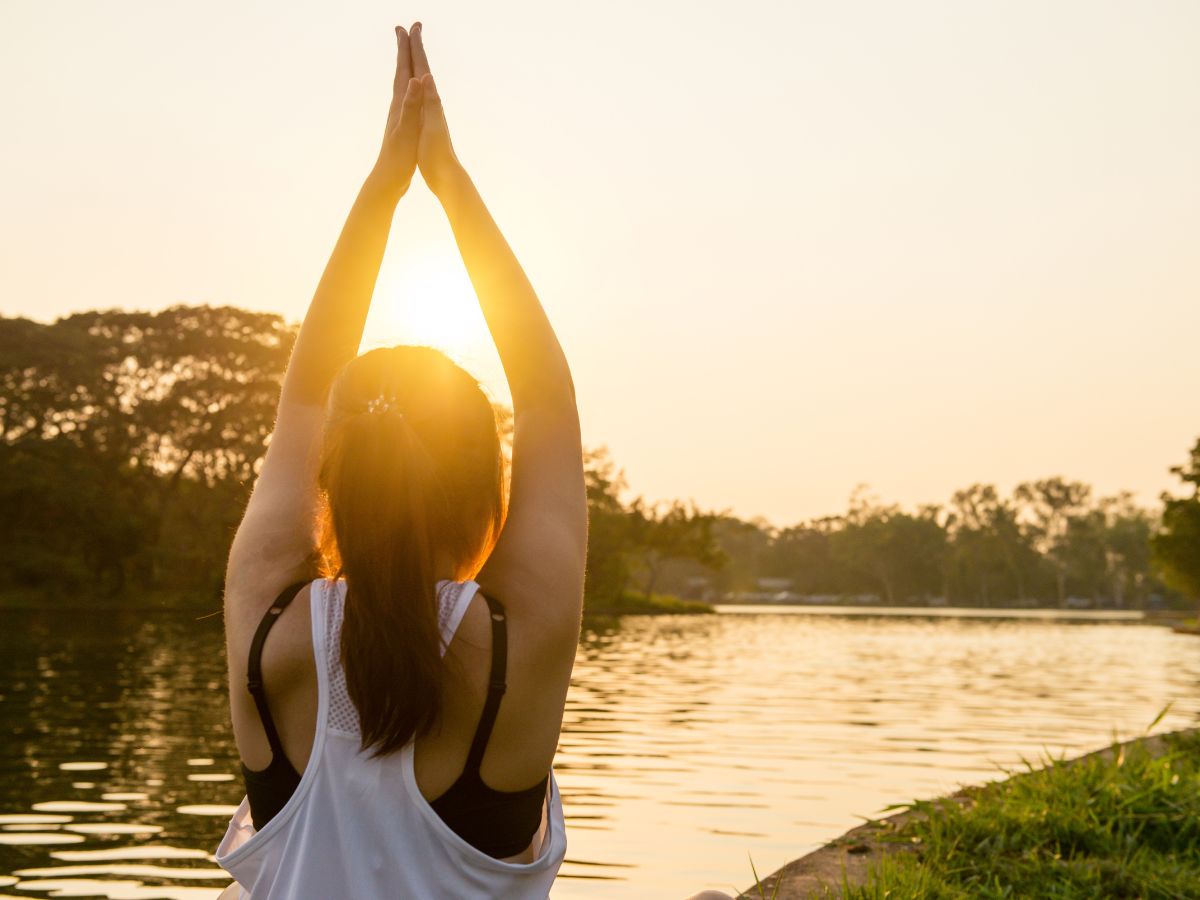
The Connection Between Vitamin D Deficiency and Bone Weakness
Bone health is dependent on a few crucial factors, which are pretty non-negotiable. Paying attention to the food you eat by making sure you get all necessary vitamins and minerals, while also being physically active are the two definite ways in which you can protect and improve bone health in the long term. Over 90% of the Indian population is severely deficient in one seemingly easy to get nutrient- Vitamin D. Most of us are highly deficient, while some of us have sufficient levels, but may not be getting other requisite minerals like calcium, phosphorus and magnesium from our daily diet. Vitamin D is a very necessary micronutrient that helps in maintaining blood calcium levels and ensuring that enough is taken up by bones for adequate mineralisation. When your Vitamin D levels are always on the lower end of the spectrum, you either begin to have issues with hypocalcemia (low reserves of calcium) or your parathyroid glands begin to act up in an effort to increase calcium availability in the bone by causing calcium to leach out and resulting in brittle bones.
Reasons For Bone Weakness
Let us look at why bones can get weak in the body. This can in turn affect how you move later on in the future, by causing your muscles to weaken and cramp more easily than usual. Some well known causes for bone weakness include
- The first reason- you don’t get enough Vitamin D- this is because of a poorly planned diet or you may not get a lot of sun exposure. Sunlight can trigger your skin cells to make Vitamin D, which is then stored in the fat cells in your body.
- If there is some gut related problem, where Vitamin D is not being absorbed in the right way.This is especially true for people who have had bariatric procedures, have leaky gut syndrome or similar conditions or they may be on specific medications which can interfere with proper storage and absorption of nutrients in the body.
- If you are dark skinned, which is when you have more melanin that is a protective pigment, you will not make that much Vitamin D from the same amount of sun exposure as a person who has a lighter skin tone.
Signs Of Weak Bones
Let us look at some subtle signs or symptoms which signal that you may have weak bones in your body-In children, weak bones can manifest as
- Kids walking with bowed or bent legs or spine.
- Extremely painful muscles or even weakness
- Pain in their bones
- They may have deformed joints.
With severe Vitamin D deficiency, children can suffer from osteomalacia or rickets (where bones are not hard but soft and therefore break easily).
In adults, fatigue, low vitamin D symptoms can translate to nagging bone pain and muscle cramps or weakness. Older adults may not be able to eat as well as before and hence their reserves of micronutrients and macronutrients can be low. Individuals with osteoporosis need to get their Vitamin D levels checked annually, as not having enough reserves of the protein can make their bones deteriorate at a much faster rate.
Conclusion– Getting enough Vitamin D from food alone can be hard – as it is mostly found in fish, fortified milk and cereals. One of the easiest ways to get more Vitamin D is through supplementation. Dairy products like milk and cheese are decent sources of Vitamin A and D and one glass of milk can give you about 20% of your daily Vitamin D requirement. Mushrooms are the only other source, if you are vegan, as they can make Vitamin D on exposure to sunlight. Try to keep them in the sun for a while (about 1-20 minutes), before you eat them. If you notice any symptoms like persistent joint and bone pain, then you should get your vitamin levels checked. Simple blood tests can give you values and then your doctor can tell you if you are deficient or insufficient- with respect to how much of the vitamin you have in your body. Timely supplementation can help a lot in the long run by ensuring that your bones don’t lose density and you are not vulnerable to falls or fractures.
Frequently Asked Questions
Vitamin D helps the body absorb calcium, which is essential for building and maintaining strong bones. Without enough vitamin D, bones can become thin, brittle, or misshapen.
Common signs include bone pain, muscle weakness, and an increased risk of fractures. In severe cases, deficiency can lead to conditions like rickets in children and osteomalacia in adults.
Yes. A lack of vitamin D reduces calcium absorption, which can contribute to bone loss and increase the risk of developing osteoporosis over time.
People with limited sun exposure, darker skin, or dietary restrictions are more likely to have low vitamin D levels. Older adults are also at higher risk due to reduced skin production
Spending time in sunlight, eating vitamin D-rich foods (like oily fish and fortified cereals), and taking supplements if necessary can help maintain healthy levels.

